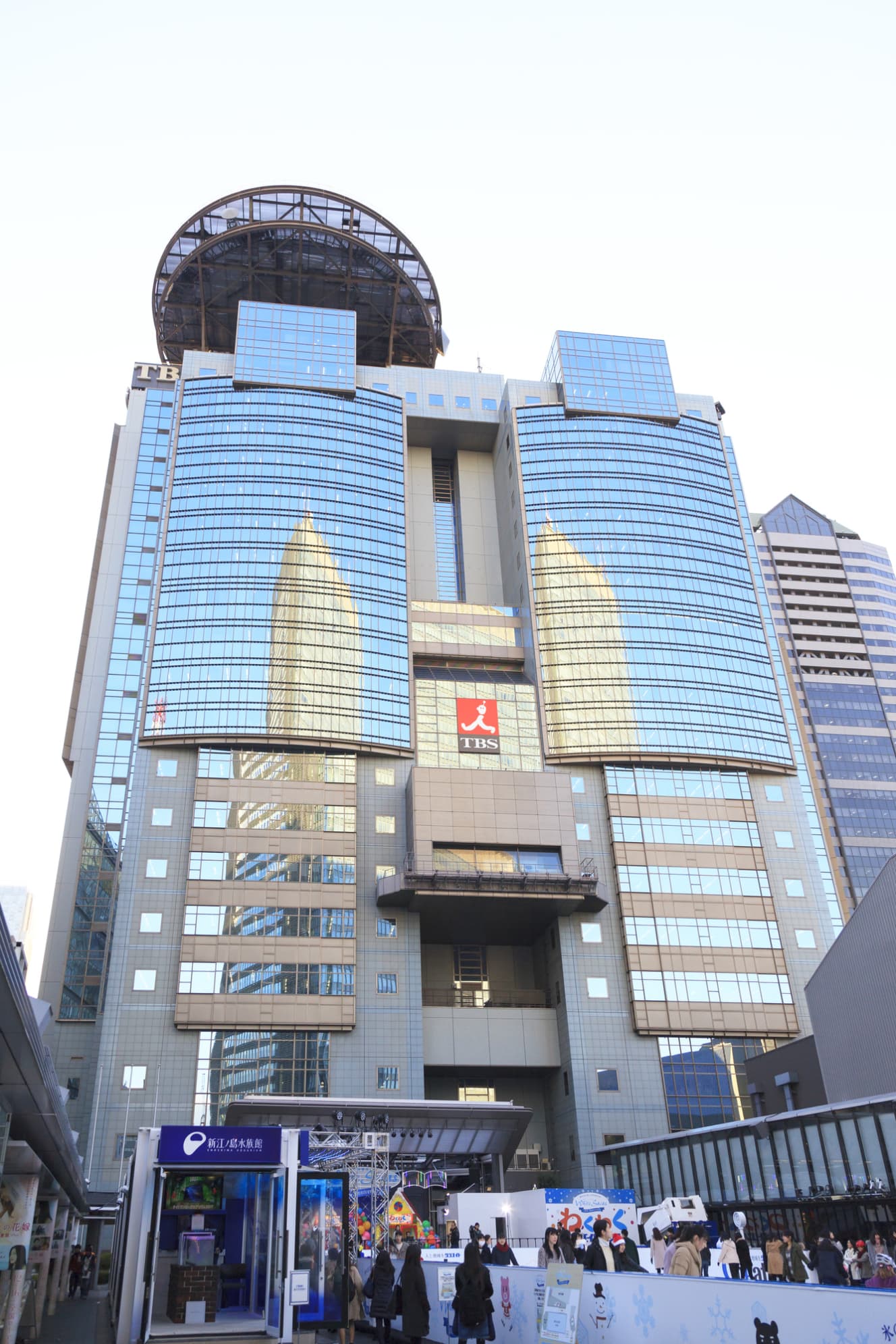Reusing “rejected postcards”…TBS Radio’s “Yarase Uncovered” reveals that “made-up postcards” are the norm behind the scenes.
Earlier this month, TBS Radio apologized on its official website. The radio station said that an e-mail introduced in the program “We Only Have Saturdays,” in which Sho Ayakoji of Kishidan is a radio personality, turned out to be an act of the staff’s own making.
The problem was an e-mail from a radio name “Sakipi-san (16)” introduced on April 22. Ayakoji was so amused by the content of the e-mail that it became the ‘best answer’ of the day. However, the prize was an alcoholic beverage from Suntory, the sponsor of the contest. The sponsor was concerned about the fact that “Sakipi-san” was underage and contacted the program, which led to the discovery that it was a homemade e-mail.
TBS Radio responded to Nikkan Sports with the following statement : “This was an action taken by the program staff, and the personality Sho Ayakoji was not involved in any way.
The columnist and professor at Doshisha Women’s University, Takahiko Kageyama, commented on the news posted on Yahoo! Kageyama, a columnist and professor at Doshisha Women’s College. Kageyama was once involved in TV and radio production at MBS, and was also in charge of “MBS Young Town” on the radio. What does it mean that “prepared postcards” are the norm? We interviewed Mr. Kageyama.
First of all,” Kageyama said, “the TBS Radio case. First of all, in the case of TBS Radio, it has long been against the law in the industry to “give a present to a fictitious listener. Of course, I have never done it. I guess that’s how this case was discovered.
I made the Yahoo! comment only in the past tense, and it is true. But I did it for the sake of the program and the listeners. And even within the same “postcard preparation,” there are some serious offenses and some minor ones. In my opinion, there are some things that should not be done, such as “I’m having a hard time. I want to die tomorrow. The personalities take 10 to 20 minutes to encourage such postcards. The listeners join in the encouragement. If the postcard was not good enough, the listener would receive it again the next week. I never do this, and I have never done it. In my mind, a “setup postcard” is something else.
So what does Mr. Kageyama consider to be a proper “preparation postcard”?
When I don’t receive any postcards, I sometimes introduce a “preparation postcard” written by the writer as an invitation to call or send a fax. Also, when a personality wants to talk about something that he or she is sure to talk about today, we sometimes give him or her a postcard as an opportunity to do so. For example, “XX-kun, who I usually play with, has started going to cram school, and we have not been getting along well lately,” or something like that.
The key to the excitement of a radio program are the “postcard makers,” who are representative of the listeners. Sometimes, he says, he uses the postcards to help them navigate the radio show.
For example, when a certain story becomes interesting, the radio program tends to be full of the same kind of material. When that happens, the writer will lightly “plant” a slightly different arrangement of a story, and the listeners will expand the story in that direction. That’s how we create the opportunity. This is what I did after much consultation with the writers. I thought hard every day about how to make something interesting. It was the same when I was doing radio and TV work.
He did not inform the personalities about the “preparation postcards. He did not inform the personalities about the “preparation postcards” because he feared that knowing about them would lower the “atmosphere” of the program. There was also an undisclosed effort by the staff behind the scenes to keep the personalities from realizing that the postcards had been “planted.
The staff made the postcards themselves. They erased the penciled postcards that had been previously rejected and wrote on the back of them with an eraser, and then wrote new postcards. Even faxes were sent from a different part of the bureau in some cases. If you looked closely enough, you could tell that the number was from within the bureau.
Even a single “preparation postcard” required a certain amount of effort.
According to Kageyama, the reaction of the old staff to the news was often, “This can’t be happening anymore. However, he said that the fact that the program was made with “prepared postcards” must be put in the past.
He said, “There are a lot of things that listeners don’t know, but are done as part of the production process. But now that we are in the age of compliance, we have to consider to what extent we are allowed to use postcards. If we are told that everything is prohibited, we have no choice but to comply. After all, the listeners are the main players.
Even so, it is clear that “postcard preparation” has played an important role in the history of radio.
